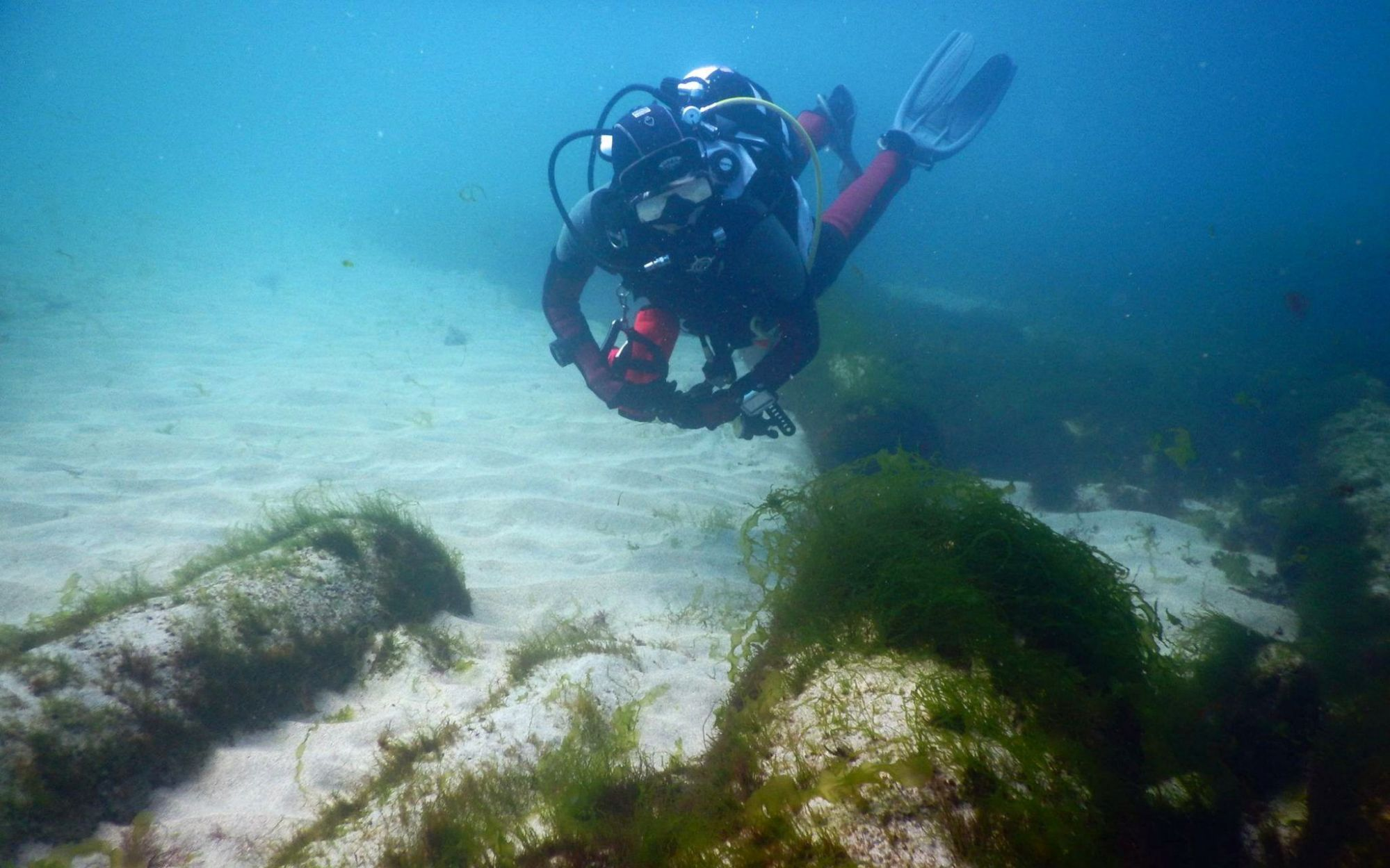
www.yahoo.com
Divers recover Cornish wreck's treasures after three-year wait for break in weather
Treasures buried on a Cornish shipwreck for more than three centuries have finally been retrieved after divers had to wait three years for a good enough weather forecast. Three gigantic 16th-century merchants’ weights have been recovered from the final resting-place of the Schiedam, a 17th-century Dutch merchantman captured by Barbary pirates, seized by the English and requisitioned by the Royal Navy - only to be wrecked in 1684. So treacherous are the waters and storms off the west coast of the Lizard Peninsula that the Schiedam was among countless vessels from the age of sail that met their end there. The 400-ton vessel was run ashore by a gale in April 1684 near Gunwalloe off the west coast of the Lizard Peninsula, where the famous shipw
Culture & Entertainment
Treasures buried on a Cornish shipwreck for more than three centuries have finally been retrieved after divers had to wait three years for a good enough weather forecast.
Three gigantic 16th-century merchants’ weights have been recovered from the final resting-place of the Schiedam, a 17th-century Dutch merchantman captured by Barbary pirates, seized by the English and requisitioned by the Royal Navy - only to be wrecked in 1684.
So treacherous are the waters and storms off the west coast of the Lizard Peninsula that the Schiedam was among countless vessels from the age of sail that met their end there.
The 400-ton vessel was run ashore by a gale in April 1684 near Gunwalloe off the west coast of the Lizard Peninsula, where the famous shipwreck scene for the TV series Poldark was to be filmed some 330 years later.
The site is largely hidden beneath shifting sands, with prevailing westerlies making it impossible to dive. But suddenly last September, part of a cargo carried on that fateful final voyage became exposed and the sea was calm.
It enabled David Gibbins, a British maritime archaeologist, to recover weights that bear the Portuguese royal coat of arms and which are thought to have been cast in bronze as early as 1500.
He told The Telegraph that they are “among the most remarkable finds to be made on a wreck of this period anywhere”. Each weight is a half-hundredweight - 56 pounds today.
























































